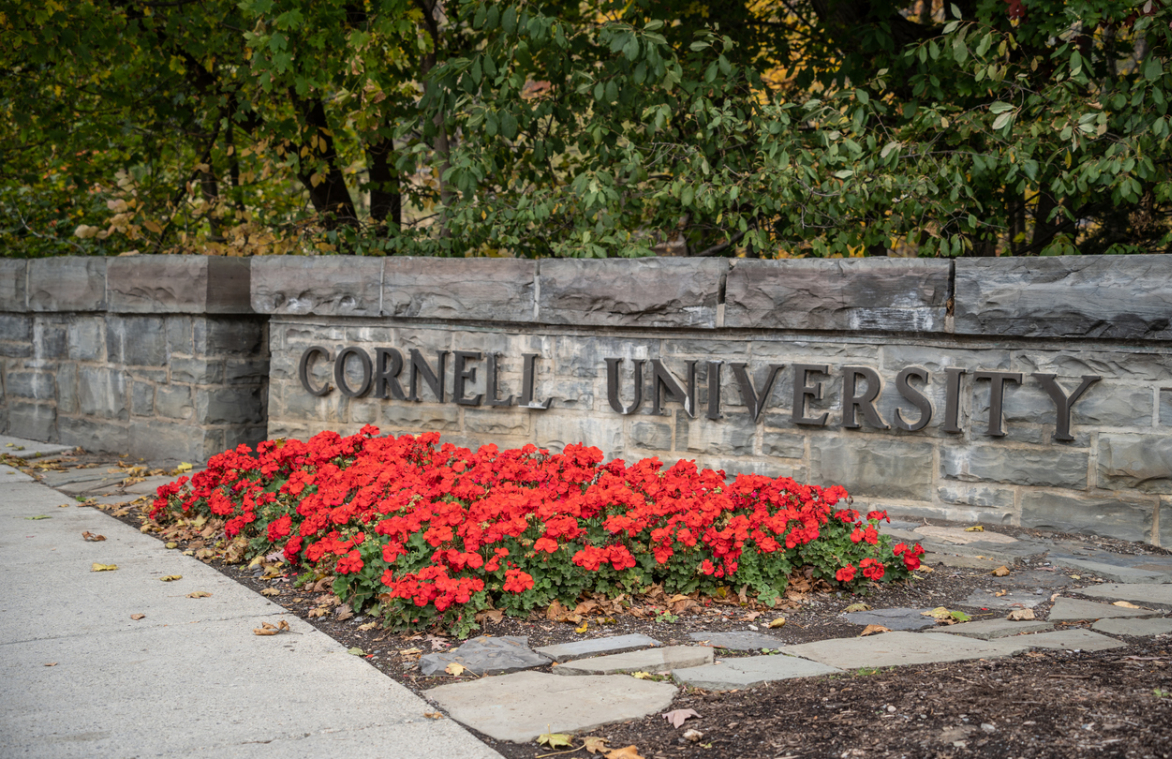Perhaps nothing crystallizes the often-overheated debate about whether “wokeness” has gone too far like the notion of “trigger warnings.”
An April 12 New York Times article focused on Cornell University, where the school’s president blocked efforts by the student assembly to urge faculty to alert students before introducing educational materials that might upset some of them.
Advocates of trigger warnings say students should be warned before they deal with material that might be controversial or offensive, especially on topics involving race, sexual violence and gender identity.
To critics, trigger warnings threaten free speech and have a chilling effect on academic freedom and inquiry. Some pundits suggest that “trigger warnings” treat students as being too fragile to handle controversial material, which isn’t good preparation for their lives as adults. The Cornell controversy predictably attracted the derision of conservative news outlets, with some reporting incorrectly that the assembly resolution asked the school to mandate trigger warnings.
According to the Times story and reporting by the Cornell Sun student newspaper, the controversy began when sophomore Claire Ting was studying with a friend who became upset and couldn’t continue their session. For a Korean-American literature class they were reading a novel called “The Surrendered,” which includes a graphic rape scene. Ting said her friend had testified against a student she claimed sexually assaulted her and reading the passage so soon after the incident disturbed her deeply.
Ting was a member of Cornell’s Student Assembly. She drafted a resolution that urged instructors to provide syllabus warnings that some study materials might include “traumatic content” that could be part of class discussion. The assembly unanimously approved the resolution and submitted it to administrators for approval. Less than a week later, Cornell President Martha Pollack vetoed it.
“We cannot accept this resolution as the actions it recommends would infringe on our core commitment to academic freedom and freedom of inquiry, and are at odds with the goals of a Cornell education,” Pollack wrote in a letter, the Times reported.
It remains optional at Cornell and other campuses for professors to give warnings, and the Times’ story noted that both sides continue to discuss the issue.
The Cornell decision came in the wake of a recent controversy at Stanford University, in which protesters shouted down a conservative federal judge who had been invited to speak at the law school. The university president later apologized to the judge. An assistant dean who seemed to enable the behavior of the protesters was placed on leave and the law school dean wrote a 10-page public letter affirming the university’s policies on academic freedom, free speech and peaceful protest.
Related
Should College Come With Trigger Warnings? At Cornell, It’s a ‘Hard No.’ – The New York Times (nytimes.com) (behind paywall)
Academic Freedom | The First Amendment Encyclopedia (mtsu.edu)
Divisive Concepts | The First Amendment Encyclopedia (mtsu.edu)
Campus Speech Codes | The First Amendment Encyclopedia (mtsu.edu)
The Free Speech Center newsletter offers a digest of First Amendment and news media-related news every other week. Subscribe for free here: https://bit.ly/3kG9uiJ

